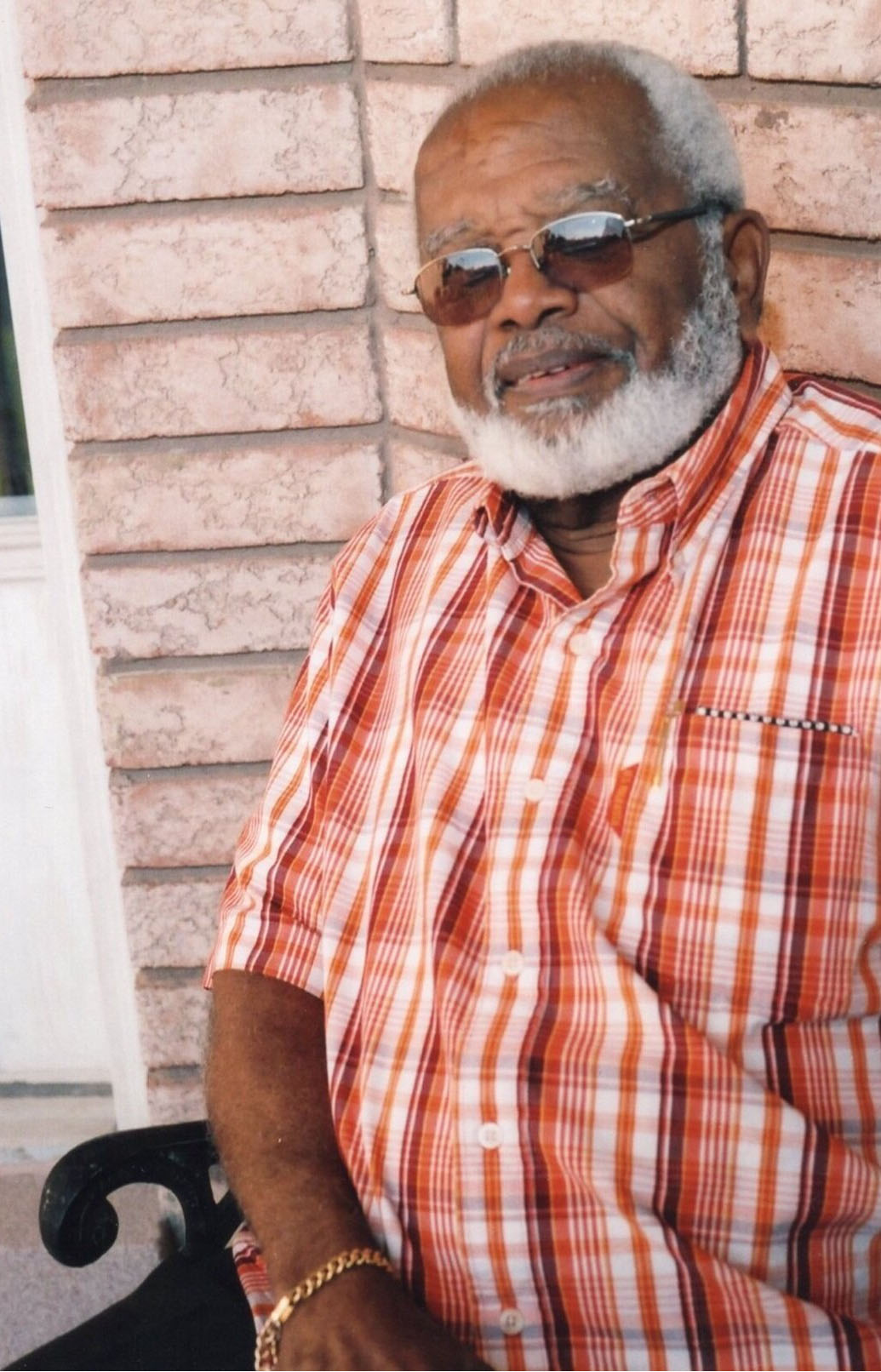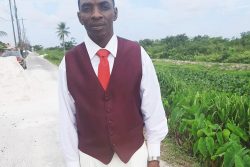By Ron Fanfair
Outstanding Caribbean athlete and trade unionist George DePeana who died recently was a
prominent labour movement leader and excellent athlete
Born in Guyana, DePeana passed away on July 26 at age 85 in a hospital in Trinidad where he resided for the last 45 years.
After retiring from track and field in the early 1960s, he coached youths at the Albouystown YMCA and promoted races before transitioning to trade unionism, serving as General Secretary of the Clerical & Commercial Workers Union and Principal Assistant Secretary of the Guyana Trades Union Congress.
DePeana spent two years in Jamaica as the International Labour Organization (ILO) Worker Education Officer prior to relocating to Trinidad & Tobago in 1976 to work with the ILO Caribbean team in the twin-island republic.
He later served as General Secretary of the Caribbean Congress of Labour from 1998 to 2007.
June Veecock, who served the labour movements in Guyana and Canada, said DePeana was held in high esteem.
“George was a strong leader who was very much committed to workers’ struggle,” said the former Ontario Federation of Labour Director of Human Rights and the Coalition of Black Trade Unionists Ontario chapter founding chair.
DePeana and renowned Caribbean sports personality Joseph ‘Reds” Perreira were schoolmates at St. Mary’s Roman Catholic School.
“He played cricket with the primary school team and was a very defensive opening batsman who hardly played a shot,” said Perreira who resides in St. Lucia.
“I stayed in touch with him over the years. When I was in Trinidad doing cricket commentary, he would wait for me in the Jeffrey Stollmeyer Stand until I was finished working and we would go to his home. We talked a lot about the old times.”
With a limited batting repertoire and too short to be a soccer goalkeeper, DePeana – who was a goalie with the Catholic Youth Organization team — turned to track and field.
“I gave cross country running a shot in the early 1950s and finished sixth in my first race,” he told me in an interview while in Toronto in July 2006 to celebrate his 70th birthday with family members.
“The field included almost 400 runners and I was quite shocked to have done so well in my first organized event. I was both inspired and encouraged by others to continue.”
In his first race outside Guyana, he won a bronze medal at the Southern Games in Trinidad & Tobago, putting him in line for selection to attend the 1956 Melbourne Olympics.
With the Guyana Olympic Committee able to raise funds to send just four athletes to the Games, DePeana – who was ranked fifth in order of priority – didn’t make the team.
Distraught, he was on the verge of quitting the sport when Scotsman Ken Richardson who was a track and field aficionado and the Shipping Manager at Sandbach Parker & Company where DePeana worked, convinced him to continue running.
“Ken approached me about three months after I got the bad news that I wasn’t going to Australia and encouraged me to keep running and prepare for the 1960 Olympics,” DePeana said. “Ken was someone who I respected, so I listened to what he had to say and stuck to the sport in spite of the great disappointment of not being able to run in Melbourne.”
In the period between the 1956 and 1960 Olympics, he established himself as one of the Caribbean’s top distance runners.
DePeana was Guyana’s (then British Guiana) lone representative at the inaugural West Indian Track & Field (WITF) championship in Jamaica in 1957, winning the 5,000 and 10,000-metre events in record times and helping his country finish third behind Jamaica and Trinidad & Tobago in the points standing. He didn’t compete in the 1,500-metre race because of injury.
A year later, he won the 5,000 and 10,000-metre races with personal best times at the second WITF in Trinidad & Tobago and was a participant at the British Empire & Commonwealth Games in Cardiff, Wales where he also completed a coaching course at Loughborough College.
In 1959, DePeana completed the WITF 5,000 and 10,000 hat-trick in Guyana which won the championship and finished fourth in the 5,000-metre and fifth in the 10,000-metre races at the 1959 Pan American Games in Chicago.
He believed his participation in the Games’ opening ceremony and other distractions hurt his chances of medaling at the first Pan Am Games held outside Latin America.
“Prince Philip was scheduled to attend the Games Village and I was asked by a Guyanese boxing official to stand in the corner of one of our boxers during his bout while he went off to meet the Prince,” he recalled. “I told him I didn’t know anything about boxing and I was there to run. My response didn’t go down well with the team administration and I was hauled before a disciplinary committee that included McDonald Bailey, BL Crombie and Richardson.”
His punishment was confinement to the Games Village for the reminder of the quadrennial multi-sport event. As a result, he couldn’t attend official team functions.
By the time the 1960 Games rolled around, DePeana was ready to capitalize on the opportunity that he was denied four years earlier.
Part of a team that included athletes Brenda Archer, Clayton Glasgow and Ralph Gomes and boxer Carl Crawford, he failed to qualify for the 5,000 and 10,000-metre finals.
DePeana, however, considered his participation in those Games the highlight of his career.
“Finishing fourth and fifth and setting Guyana records in Chicago was quite an achievement,” he pointed out. “But there is no greater honour than being selected to represent your country at an Olympics. Just to have the opportunity to compete at the highest level of the sport after I was excluded four years earlier because of circumstances beyond my control meant a lot to me.”
DePeana retired from the sport after representing the Commonwealth in the first West African Games in Lagos, Nigeria where he was fourth in the 5,000-metre race. The other team members were Jamaicans George Kerr and twin brothers Malcolm and Melville Spence.
Survived by his wife of 60 years, Leila, and their three children Kenneth, Andre and Shavane, DePeana was recognized by the Guyana government in 2002 with the Cacique Crown of Honour, the country’s second highest award.
“He was a loving father who did absolutely everything he could to fully support his children,” said Andre DePeana who has been a Greater Toronto Area resident for the last 28 years. “He was also a humanitarian and that was demonstrated through his lengthy and remarkable career as a trade unionist. I am nothing more than a humble servant was one of his favourite lines and he really meant it through everything he did for the benefit of others.”
His funeral took place in Trinidad on August 6.










